In a significant development, strains have surfaced in the historically strong relationship between the United States and Israel amidst the ongoing conflict in Gaza. Despite traditionally staunch support from the US, recent events have led to concerns about a potential breakdown in trust between the two allies.
The Biden administration's decision not to block a Gaza ceasefire proposal at the United Nations Security Council marks a notable departure from past actions. While the US has historically stood by Israel in such situations, this move signals a shift in approach, raising questions about the future of their alliance.
Israeli Prime Minister Benjamin Netanyahu's insistence on conducting a military operation in the Gaza city of Rafah has further strained relations. Analysts warn that Netanyahu's unilateral actions could damage the friendship between the two countries and potentially lead to a suspension of US arms aid to Israel.
Former Middle East negotiator Aaron David Miller emphasizes the significance of this rift, suggesting that it could lead to a breakdown in trust between President Biden and Prime Minister Netanyahu. The delicate nature of the situation requires careful handling to prevent further deterioration of relations.
Meanwhile, both leaders face internal pressures. President Biden risks losing support from Muslim Americans over his perceived support for Israel's actions in Gaza, particularly as he gears up for reelection later this year. On the other hand, Netanyahu is facing criticism at home for his handling of the conflict, with calls for his resignation mounting amid ongoing hostilities.
In response to the changing dynamics, Tel Aviv has canceled an upcoming visit by an Israeli delegation to Washington. The delegation was scheduled to discuss the military operation in Rafah, but Netanyahu's office cited the US's decision not to veto the ceasefire resolution as a hindrance to Israel's war efforts.
As tensions continue to escalate, the future of the US-Israel relationship hangs in the balance, with both sides facing increasing scrutiny and pressure both domestically and internationally.



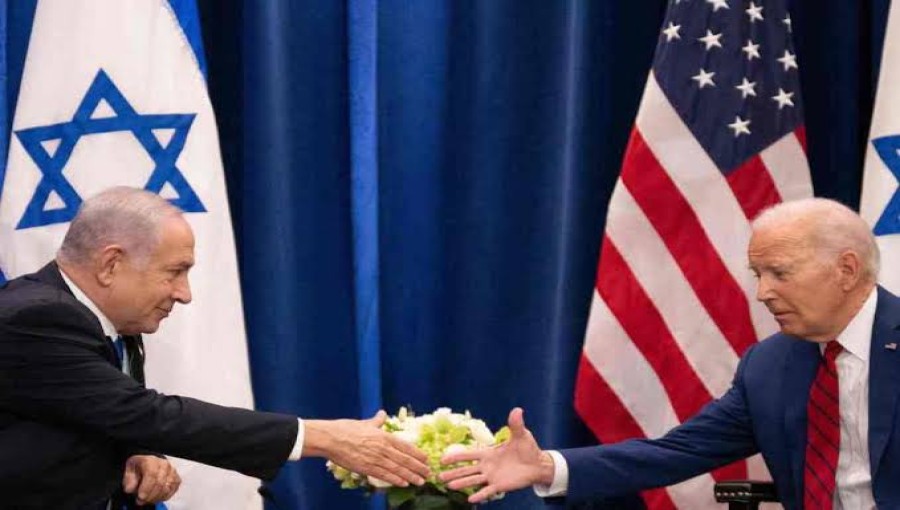
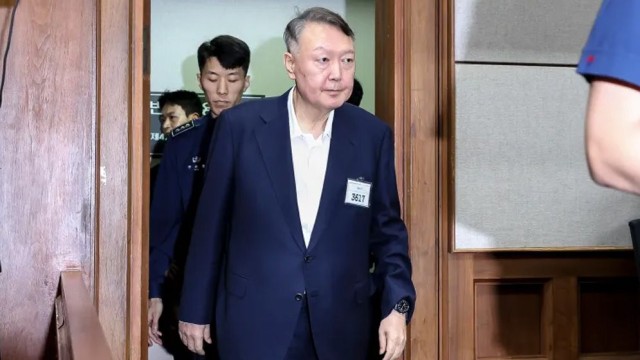



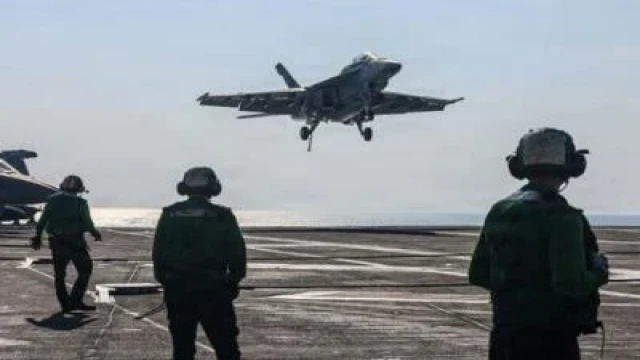
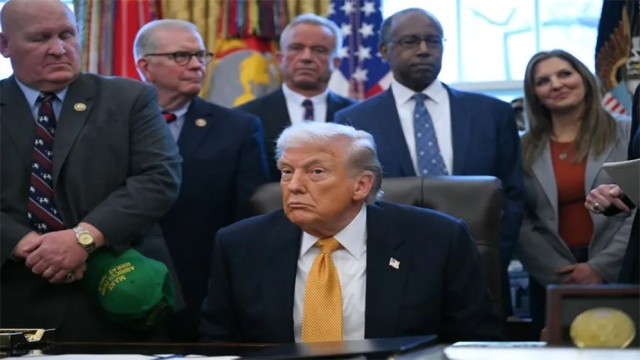

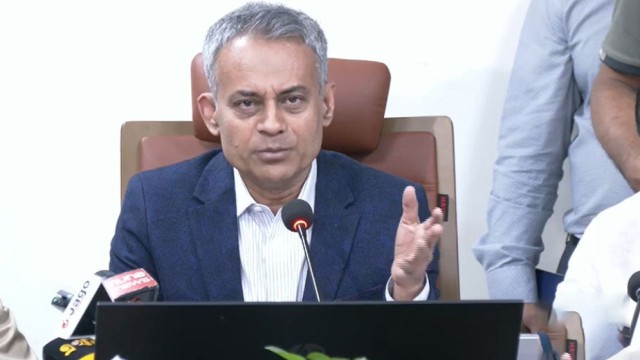

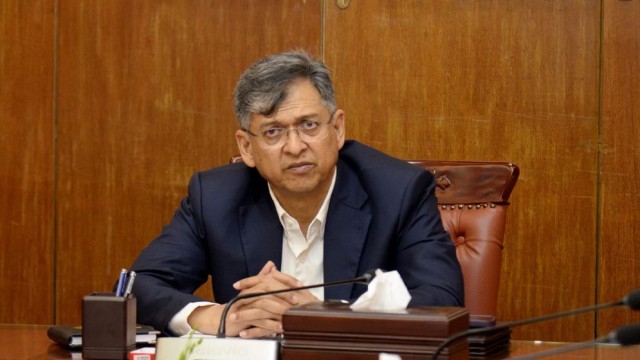
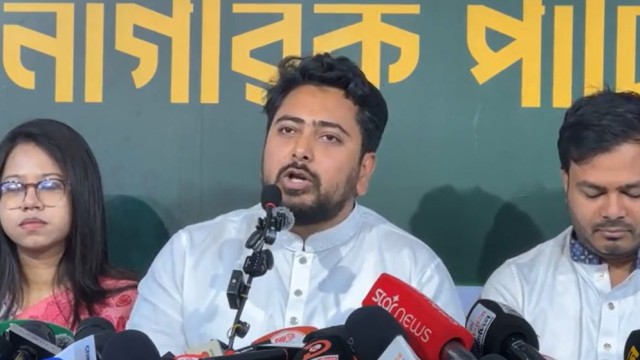

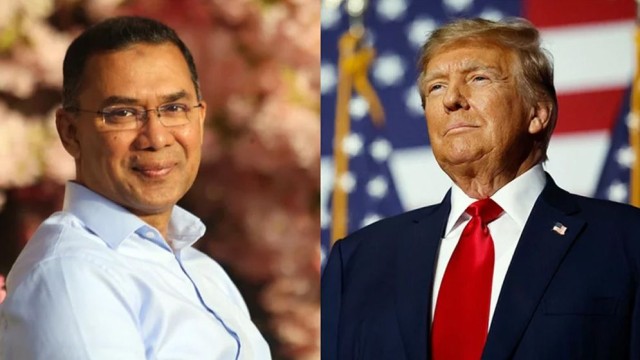
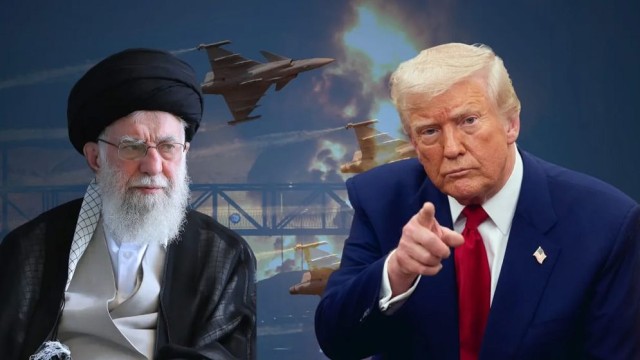

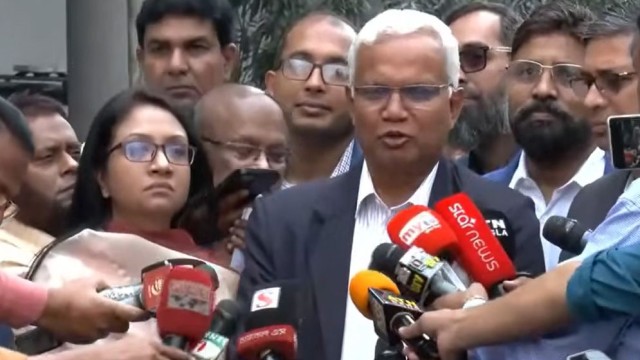











Comment: